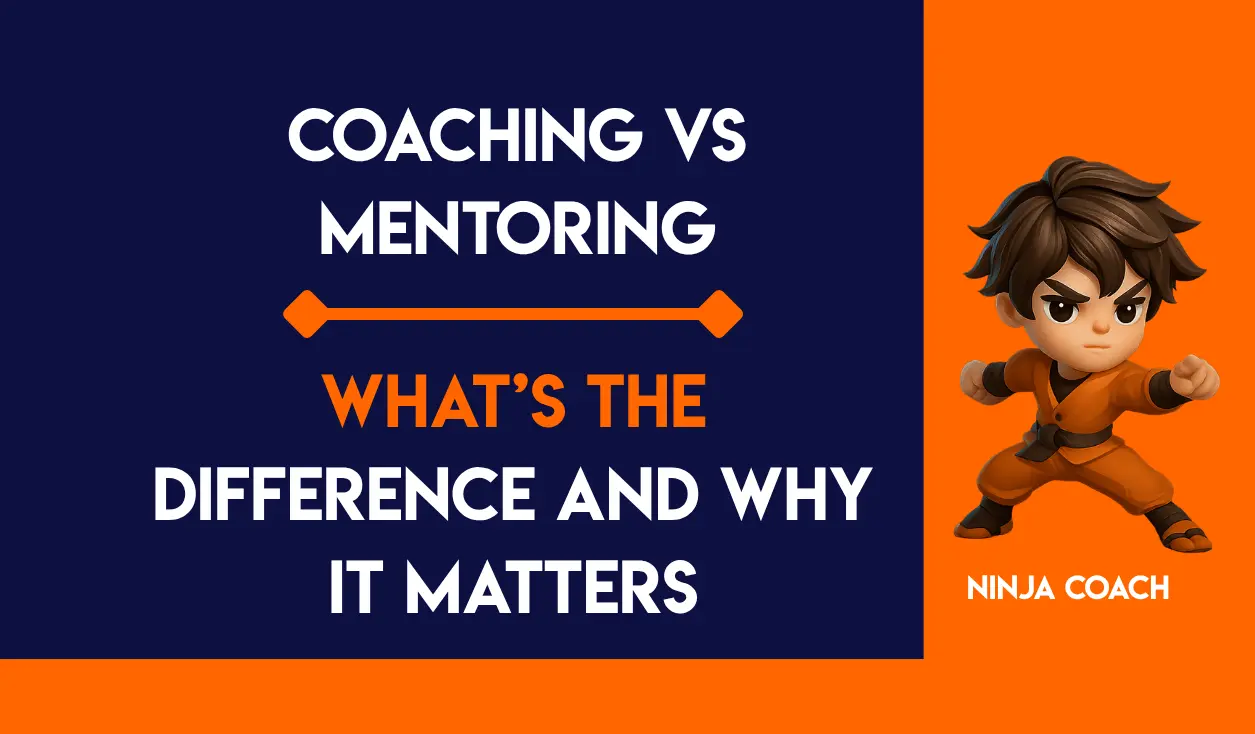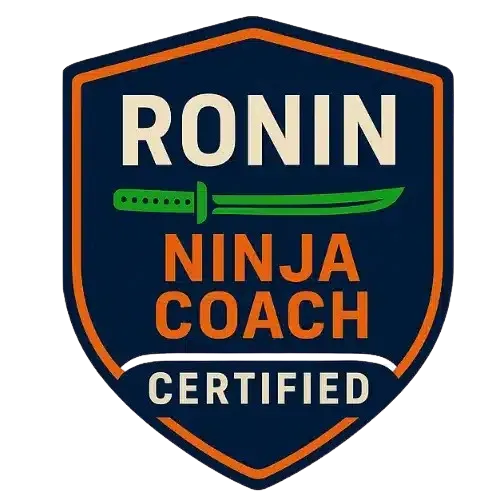
Coaching vs Mentoring: What’s the Difference and Why It Matters
Introduction
In the modern workplace, both coaching and mentoring are essential tools for employee development. However, many people use these terms interchangeably, which often leads to confusion. Although they share similar goals—such as personal growth, skill enhancement, and professional guidance—they are not the same. In this post, we’ll break down coaching vs mentoring, highlight their core differences, and explain why understanding both is crucial for long-term success.
What Is Coaching?
Coaching is a short- to medium-term process that focuses on improving performance through structured conversations and goal-oriented sessions. A coach helps the individual identify specific challenges and develop strategies to overcome them.
Key Features of Coaching
- Focuses on performance improvement
- Often has a structured timeline
- Driven by goals and measurable outcomes
- The coach doesn’t need to have experience in the client’s field
- Based on asking powerful questions rather than giving advice
Example:
A sales manager might hire a coach to improve communication or leadership skills over a 12-week program.
What Is Mentoring?
In contrast, mentoring is typically a long-term relationship where a more experienced individual (the mentor) offers guidance, advice, and support to someone with less experience. It’s more informal and usually doesn’t follow a set agenda.
Key Features of Mentoring
- Focuses on personal and professional development
- Long-term relationship based on trust
- The mentor shares their own experiences and lessons
- Less structured and more conversational
- Ideal for career growth and life advice
Example:
A senior designer mentoring a junior colleague over several years to help them grow into a leadership role.
Coaching vs Mentoring The Core Differences
Let’s look at a side-by-side comparison:
| Criteria | Coaching | Mentoring |
|---|---|---|
| Duration | Short to medium-term | Long-term |
| Structure | Highly structured | Informal/flexible |
| Focus | Performance improvement | Career development |
| Relationship | Professional, often paid | Voluntary or informal |
| Expertise | Not always field-specific | Usually from the same field |
Even though both support growth, their methods and goals vary significantly. Therefore, choosing the right approach depends on what the individual or organization wants to achieve.
Why Understanding the Difference Matters
Knowing the difference between coaching vs mentoring helps organizations choose the best strategy for employee development. For instance, if your goal is to upskill a team quickly, coaching may be more effective. However, if you’re nurturing future leaders, mentoring builds deeper trust and career-long guidance.
Furthermore, combining both approaches can lead to well-rounded development programs. That’s why top companies invest in coaching frameworks while also building mentorship cultures.
Final Thoughts
Coaching and mentoring are both powerful tools—but they serve different purposes. When used correctly, each can lead to significant personal and professional transformation. Whether you’re a business leader or an HR manager, understanding how and when to use each will empower your people and your organization.















